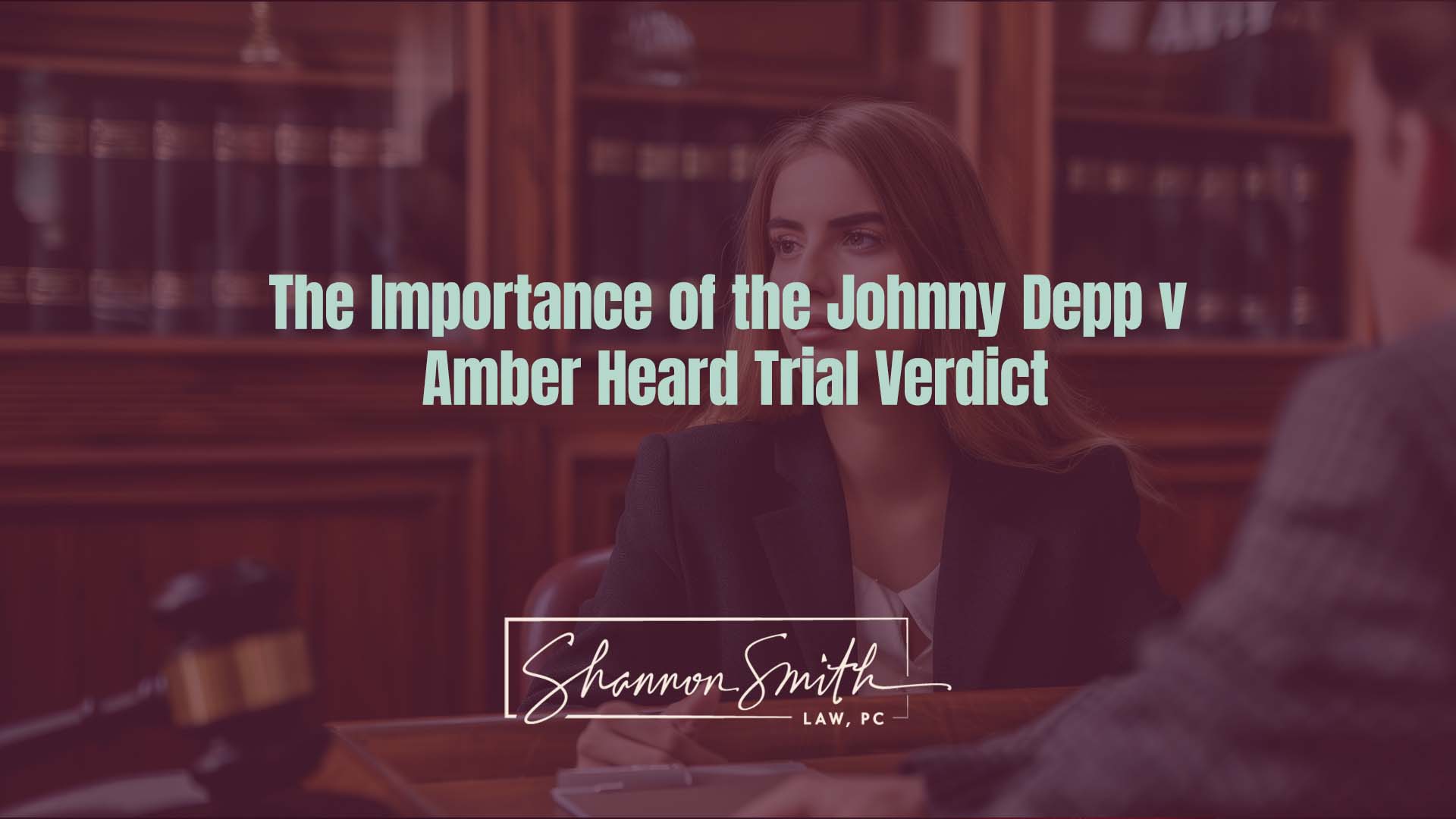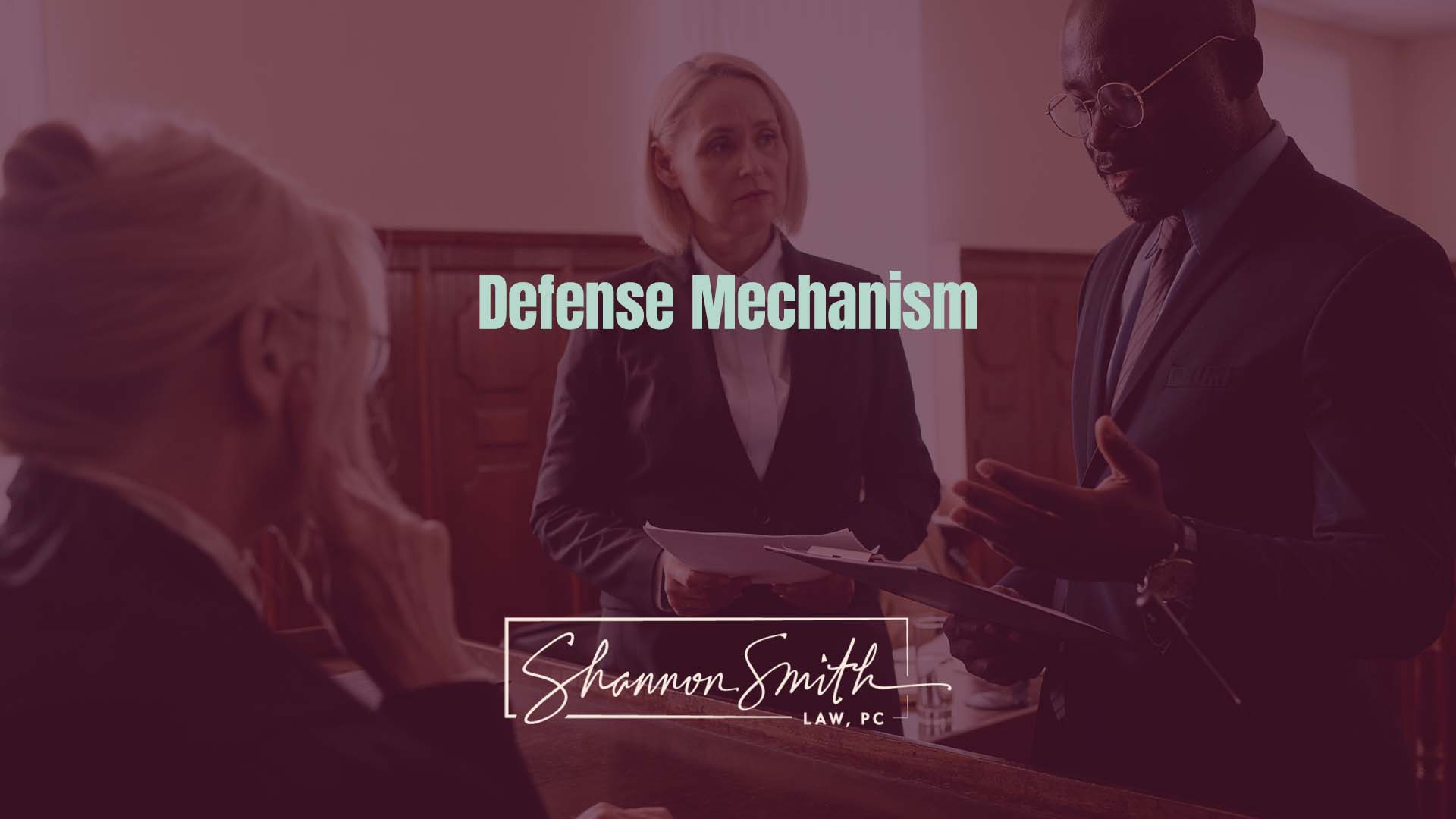In Michigan, the law provides that the defense may have access to counseling or medical records in certain situations. Ordinarily, these are privileged and confidential records that are not discoverable.
Michigan Court rule 6.201(C)(2) states as follows:
If a defendant demonstrates a good-faith belief, grounded in articulable fact, that there is a reasonable probability that records protected by privilege are likely to contain material information necessary to the defense, the trial court shall conduct an in camera inspection of the records.
David Eastman submits that his constitutional rights to due process of law, to discover favorable material, and to compulsory process and confrontation require that this Court order production of the requested discovery. The constitutional right to due process under both the State and Federal Constitutions require “fundamental fairness in a criminal trial.” Spencer v Texas, 385 US 554 (1967). The trend in Michigan and other states is towards broader criminal discovery. The Michigan Supreme Court has explained that broad criminal discovery is important “to promote the fullest possible…presentation of the facts, minimize opportunities for falsification of evidence and eliminate the vestiges of trial by combat…” People v Johnson, 356 Mich 619, 621-622 (1959). This policy flows from the understanding that trial is not a duel or game, but a quest for truth. Winberly, supra, at 62.
Supplemental pretrial discovery should be allowed in this case. Defendant submits that this information is necessary to the proper presentation of his trial defense. See People v Walton, 71 Mich App 478, 481 (1976). In Walton, supra, the Court of Appeals stated:
….[F}airness to the Defendant in an adequate opportunity to prepare a defense, including preparation for cross examination of witnesses, requires that the Defendant be given access to all relevant information….this is particularly true, as in the case at bar, where the question of credibility may be preeminent. Any inconsistent or conflicting statements may have considerable impact upon the determination of the credibility of the parties and witnesses and may therefore be determinative of the outcome of this prosecution. Also, without an examination of the requested information, it is impossible to see if such information would be relevant and whether its suppression would lead to a failure of justice. Walton, supra, at 381-382.
In People v Mikuli, the Court of Appeals stated as follows, in pertinent part:
In a case such as the one before us, where the verdict necessarily turned on the credibility of the Complainant, it is imperative that the Defendant be given an opportunity to place before the jury evidence so fundamentally effecting the Complainant’s credibility”. 84 Mich App 108, 115 (1978)
Given the nature of these charges, the potential for harm is very high. This case hinges entirely on Rachel’s statements as there is no DNA, no eyewitness testimony to corroborate the allegations and David Eastman maintains his innocence. There is a human tendency to sympathize with perceived victims of sexual assault, and a gut desire to see that “justice is done.” This Court has a duty to be vigilant in preventing human emotion from subconsciously skewing the process. It is crucial for defense counsel to have access to all information in order to cross examine the complainant. The jury must be able to hear all evidence to determine Rachel’s credibility and the reliability of her memory.
At trial, Defendant has the constitutional right to confront witnesses against him. See US Const, am VI; Const 1963, art 1 §§ 17, 20. As part of the right to confront witnesses, the defense submits David Eastman is entitled to discovery of the allegations leveled against him, including information that speaks to the credibility of the complainant and the reliability of her memory. The right to discover all relevant information is a necessary aspect of a defendant’s right to confront and cross-examine the witnesses against him, and to right to compel production of evidence in his favor. As explained in general terms in In Re Bay County Prosecutor, 109 Mich App 476 (1981), the Michigan Court of Appeals ruled:
Fairness to the Defendant and an adequate opportunity to prepare a defense, including preparation for cross-examination of witnesses, requires that the Defendant be given access to all relevant information….Any inconsistent or conflicting statements may have considerable impact upon the determination of the credibility of the parties and witnesses and may therefore be determinative of the outcome of this prosecution.
The constitutional right to effective cross-examination is essential to a fair trial. The constitutional right by a criminal defendant outweighs a state’s or an individual’s otherwise valid claim of confidentiality to various records. See Davis v Alaska, 415 US 308 (1974). Defendant submits that this Court should grant his motion for supplemental discovery, as any privilege attached to the records is not absolute. It must yield to his right to confront witnesses and to discover information in support of his defense.
This Court rule was incorporated into case law in People v Stanaway, 446 Mich 130 (1994).




